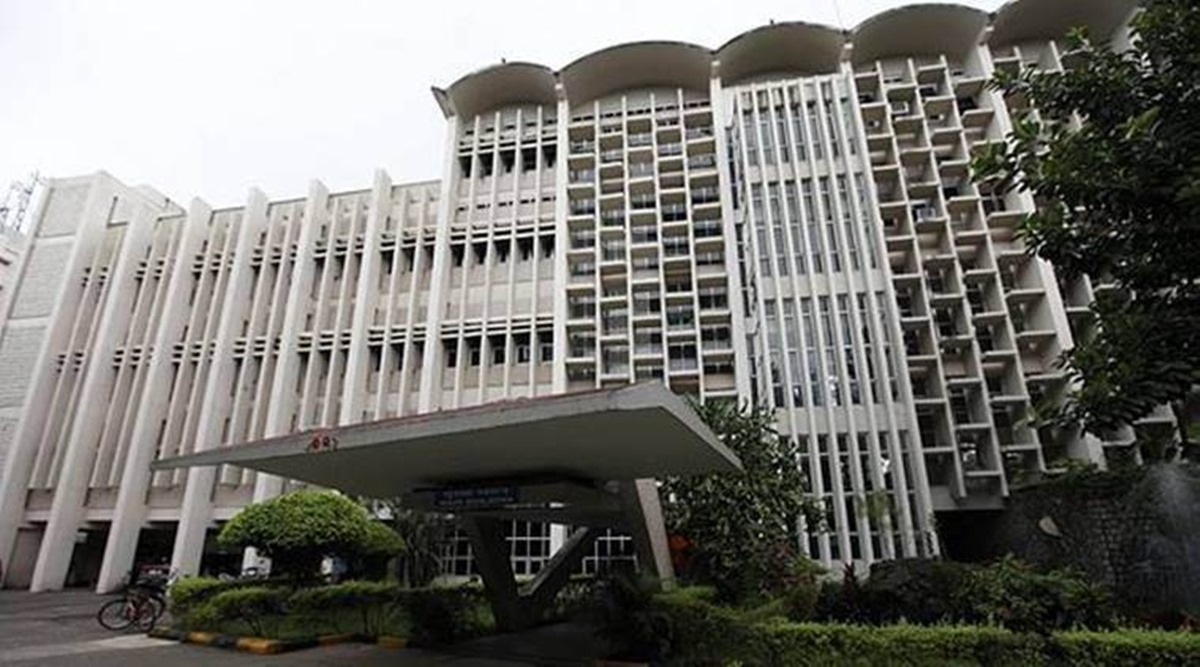 “Child malnutrition, already an immense problem in India, will worsen significantly due to lengthy lockdowns,” they added. (File)
“Child malnutrition, already an immense problem in India, will worsen significantly due to lengthy lockdowns,” they added. (File)Forty scientists from across four Indian Institutes of Technology in Bombay, Madras, Kanpur and Delhi, and the Tata Institute of Fundamental Research (TIFR) among others, have issued a joint statement Wednesday calling for “an immediate end to the large-scale lockdown as an ongoing Covid-19 management strategy”.
The Covid-19 pandemic, the scientists said, should be addressed as a public health concern rather than a law-and-order problem. “While Covid-19 is an important and new health concern, we cannot afford to ignore equally important other health concerns for so many months: child vaccinations, surveillance of infectious diseases, reproductive health care for women, management of heart diseases, cancer, diabetes, TB, etc all of which are immense problems by themselves,” the statement stated.
Continuing restrictions on public transport and the resultant impact on economic activities “are cruel for the vast majority of the people, who do not have the financial reserves to sustain themselves through an extended period of economic inactivity” and this has had directly translated into lives lost, the scientists said.
“Child malnutrition, already an immense problem in India, will worsen significantly due to lengthy lockdowns,” they added.
In the statement, the scientists have demanded that public transportation, long distance as well as local trains and buses, must be resumed immediately, in a phased manner, for example, allowing 50 per cent occupancy in ventilated (non-AC) buses or trains in the beginning, as has been done in some cities. Effective public health messaging through doctors and health officials, they said, should include aspects such as following precautions of wearing masks, physical distancing, avoiding crowded areas and not touching face with unwashed hands.
“We feel there needs to be a balance of risk… (As per) our data, diabetes, cancer, and infant mortality have worsened in the absence of regular diagnostic checks and healthcare facilities. Restricting doesn’t seem to aid the cause,” said IIT-Bombay professor Bhaskaran Raman.